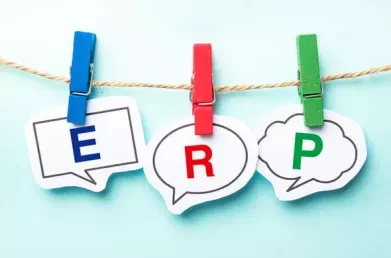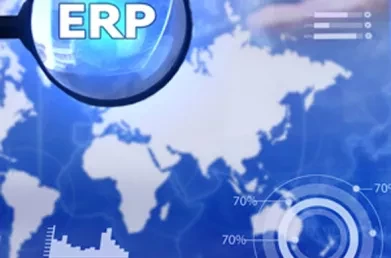Different ERP Services, Different ERP Challenges
The services sector ranges from office and yacht cleaners to City or Wall Street financial brokers and advisers, from IT systems maintenance and consultancy to tourist guides to logistics to pest control. Services and retail employees far outnumber manufacturing, partly because of the rise of automation and robotics. The future of developed economies is clearly based on services, which in turn involve human skills increasingly supported and supplemented by ever more intelligent systems.
Those smart systems are generally specialist tools for the specific service, like remote controlled underwater hull cleaners or guide-controlled apps for tourist groups or risk algorithms for insurance or AI for many sectors. But the actual service businesses run and depend on their enterprise applications, essentially ERP and its first cousin HCM. The complications increase as more and more services develop significant variations, such as sub-contracting or outsourcing certain elements or different tasks with multiple and conditional pricing. Even when carried out by the same people there may be fee variations for clients and different rates for the employee. The services spectrum includes limited term projects, often as part of an overall package, with particular specifications and one-time costings and charge rates.

There are infinite combinations of services for clients, markets and cultures. Which in turn generates a set of challenges for business and accounting processes in ERP and standards of qualifications and quality, appropriate payment and all of the other normal functions of HCM software. A typical example is a client which is buying a complex set of services from a wide-ranging service provider, say a facilities management company. Such enterprises these days range from cleaning to catering, construction to concierges. Security tends to be all-encompassing and may or may not include IT security as well as access. In the meantime, all of the lines of service will be subject to occasional bursts—annual inspections to comply with regulations, renewal projects, events, temporary premises, etc.
Now, the client inevitably wants a single monthly invoice, which may be broken down under service headings but will be a couple of pages at most. Consolidating all of that information, accurately and at speed for the end of period invoice (and usually various kinds of monthly reports) is a feat that managements expect from their systems but is not all that easy to achieve.
In the first instance, it goes back to tracking time and attendance and categories of operatives or technicians, but their expenses and their reports may also be required for the ERP as well as sign-off by supervisors or managers. That data may have multiple purposes and destinations—client reports, internal quality control and governance, KPIs or other indicators for management, business analytics—or simply invoicing and processing payments for staff or service provider.
The point is that in the services sector particularly, HCM is inextricable from ERP. People are a key component of the business processes and have to be managed, from their terms and conditions to daily tasks which are performed by employees/teams. Contractors and third parties will look after their own HCM and payroll but there are multiple aspects of their work that have to be controlled and monitored. There are also factors such as the high rate of employee turnover in service industries, especially at unskilled and semi-skilled levels, with categories such as part-time, seasonal or project workers. With employees from other countries, work permits and immigrant status have to be monitored.
But it all feeds back into the management of the business. The combination of smart ERP and HCM systems has to run the functions and generate the information that is needed for the three key factors in decision making—planning, processes and profitability.
This Blog was written by John Donagher, Managing Partner at Lumenia. If you would like further information on ERP please send an e-mail to John Donagher.


